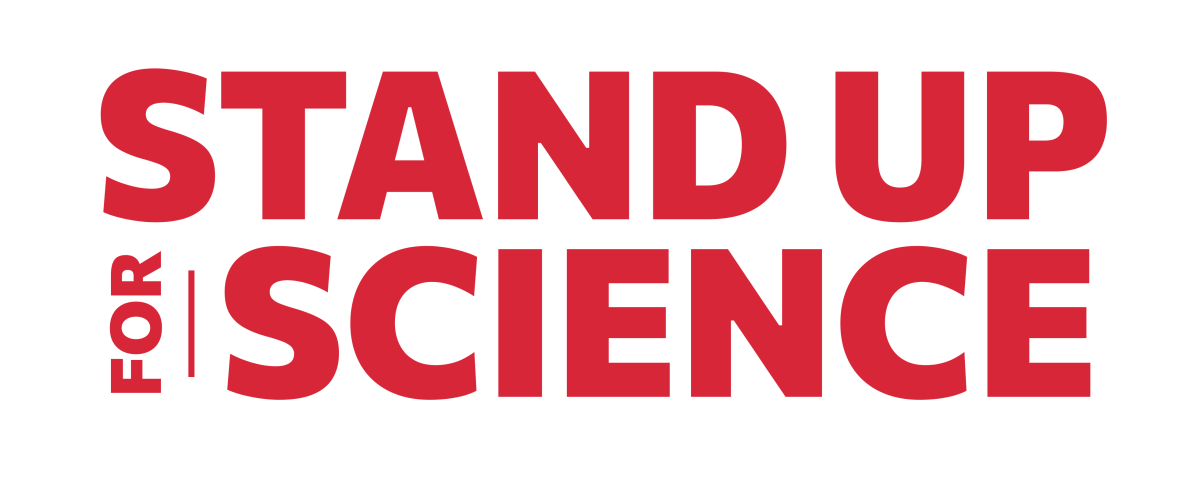The Stand Up for Science rally was held on March 7 in cities all over the nation in support of government-funded scientific research.
The goals of the rally are to end censorship and political interference within science, secure and expand scientific funding as well as defend diversity, equity and inclusion programs and accessibility in science.
The Trump administration placed a funding freeze in late January on federal government agencies and programs. The National Institutes of Health halted their grant and application review processes soon after. The funding freeze was soon repealed by a federal judge, but many government agencies are still not able to receive any funding, including the NIH.
Lack of funding severely cripples scientific research. Government funding provides financial support, promotes accessibility of findings and encourages innovation in critical areas. It often addresses national interests and can impose certain regulations and limitations on researchers as well.
More than 1,000 supporters gathered in Madison, WI, to draw attention to the scientific work happening in the state as the Trump administration takes steps to cut federal spending for research.
“I would not be here today without government-funded science. I don’t know how government got to be a bad word. National Institutes of Health, Centers for Disease Control and Prevention, they’re doing life-saving work every single day,” Karen Lamb stated, a survivor of thyroid cancer.
The organizer of the Madison rally, Ph.D. student Maggie Stangis, is deeply concerned about political interference and censorship in research data and publication. “What we’re seeing right now is an ask to avoid using certain words in our grant applications and publicly published papers describing results of research,” Stangis stated.
Specific keywords within grant applications such as “diversity,” “barrier” and “excluded” have been restricted by the National Science Foundation. This will have severe effects on important research projects that need funding, leading to a lack of progress and a reduction in opportunities for underrepresented groups in scientific fields, especially those that focus on social issues or minority groups.




